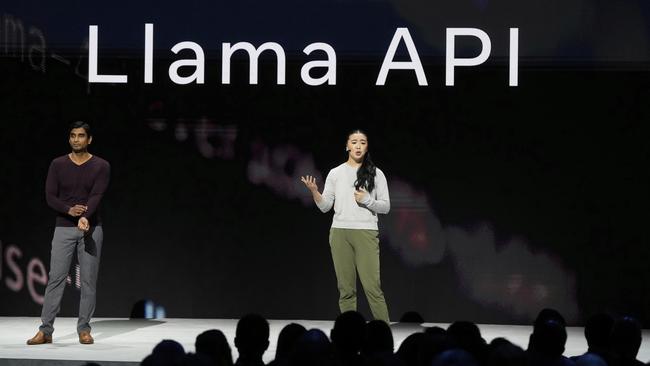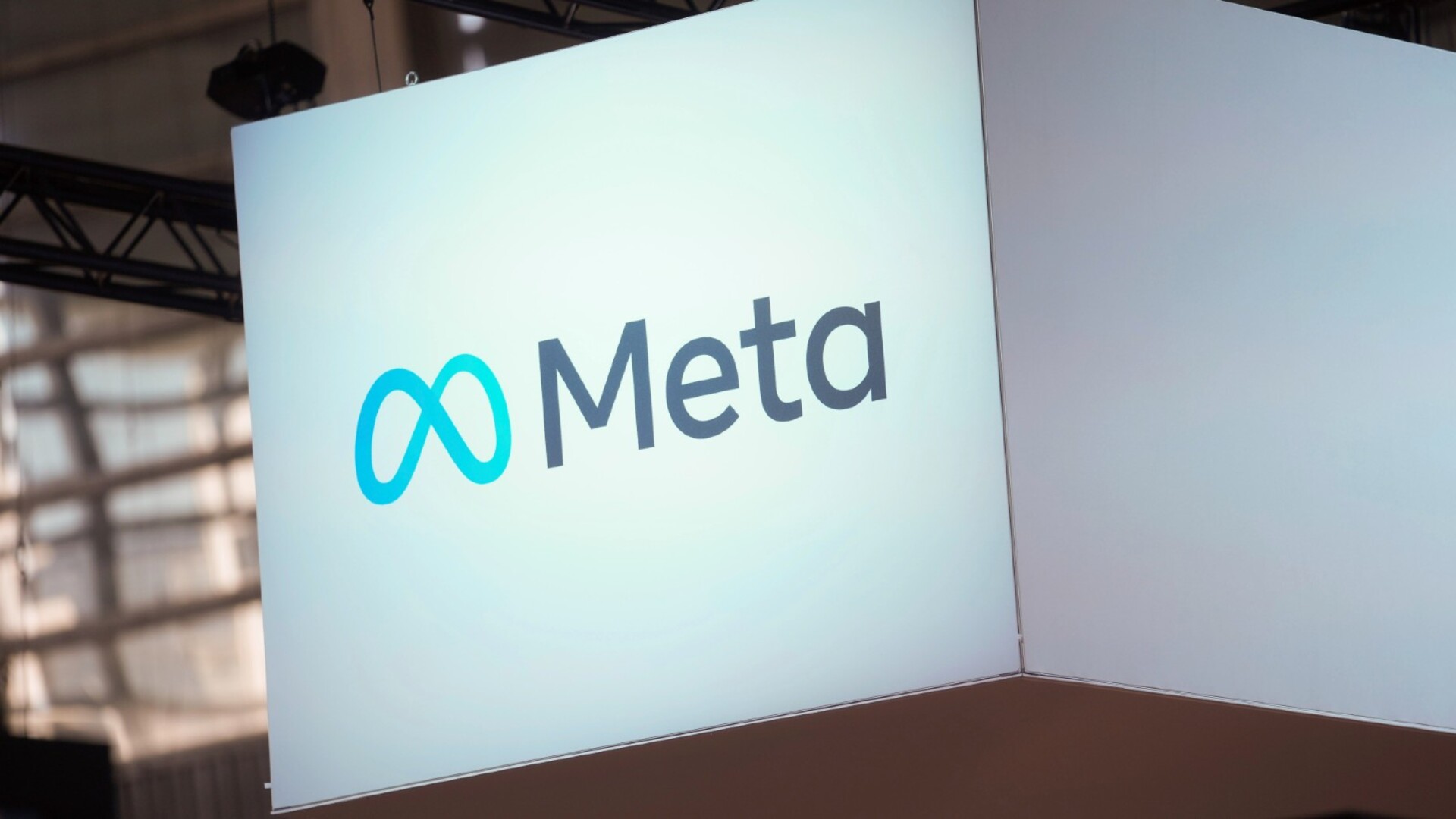Meta to delay rollout of flagship AI model nicknamed ‘Behemoth
The delay of the flagship ‘Behemoth’ large-language model is raising concerns about the direction of Meta’s multibillion-dollar AI investments.

Meta is delaying the rollout of a flagship AI model, prompting internal concerns about the direction of its multibillion-dollar AI investments, people familiar with the matter said.
Company engineers are struggling to significantly improve the capabilities of its “Behemoth” large-language model, leading to staff questions about whether improvements over prior versions are significant enough to justify public release, the people said.
Early in its development, Behemoth was internally slated for an April release to coincide with Meta’s inaugural AI conference for developers. Meta put out two smaller models in its Llama AI model family ahead of the event, but later pushed an internal target for the larger Behemoth’s release to June. Now, it’s been delayed to fall or later.
Meta has previously drawn praise for the speed with which it’s caught up to rivals in the global AI arms race– spending billions of dollars along the way to develop the technology that powers chatbots on WhatsApp, Instagram and Facebook. Meta plans to spend up to $72 billion in capital expenditures this year, much of which will be used to help realise Chief Executive Mark Zuckerberg’s grand ambitions for AI.
Zuckerberg and other Meta executives haven’t publicly committed to a timeline for Behemoth. The company could ultimately decide to release Behemoth sooner than expected, including by rolling out a more limited version. But Meta engineers and researchers are concerned its performance wouldn’t match public statements about its capabilities, the people said.
A Meta spokesman declined to comment.

Senior executives at the company are frustrated at the performance of the team that built the Llama 4 models and blame them for the failure to make progress on Behemoth, according to people familiar with their views. Meta is contemplating significant management changes to its AI product group as a result, the people said.
The Facebook-parent has publicly touted the capabilities of Behemoth, saying it already outperforms similar technology from OpenAI, Google and Anthropic on some tests. But internally, its performance has been hobbled by training challenges, the people said.
Meta’s recent challenges mirror stumbles or delays at other top AI companies that are trying to release their next big state-of-the-art models. Some researchers see the pattern as evidence that future advances in AI models could come at a far slower pace than in the past, and at tremendous cost.
“Right now, the progress is quite small across all the labs, all the models,” said Ravid Shwartz-Ziv, an assistant professor and faculty fellow at New York University’s Center for Data Science.
GPT-5, one of OpenAI’s next big technological leaps forward, was initially expected around mid-2024, The Wall Street Journal previously reported. In December, The Journal reported that development on the model was running behind schedule.
In February, OpenAI Chief Sam Altman said the model would be released as GPT-4.5 and that GPT-5 – the model they hoped would come with bigger technological breakthroughs – was still months away. ChatGPT currently runs on versions of GPT-4o. OpenAI declined to comment on the timing of GPT-5’s release.

Anthropic last year said it was working on a new model called Claude 3.5 Opus, a larger version of the AI models it released last year and has continued to update. That heftier version still hasn’t been released. A spokeswoman says Opus is coming soon.
Meta’s first version of Llama was produced by its Fundamental AI Research Team, which largely consists of academics and researchers with doctorate degrees. The team released the models and a research paper explaining them to the public in early 2023.
Since then, 11 of the 14 researchers on that original paper have left the company. The Llama models since the first ones have been developed by a different team. The Information earlier reported on problems Meta was having with some of its recent Llama models.
The two models that were released in April initially performed well on a popular AI chatbot leaderboard. However, it was later revealed that the model submitted to the leaderboard was not the same model that was released to the public.
Representatives for the leaderboard said Meta should have made it clearer that it had submitted a customised model intended to do well on its benchmark test. Zuckerberg acknowledged that Meta submitted a version of its AI model to the leaderboard that was optimised to do well on the third-party performance test.
Dow Jones



To join the conversation, please log in. Don't have an account? Register
Join the conversation, you are commenting as Logout